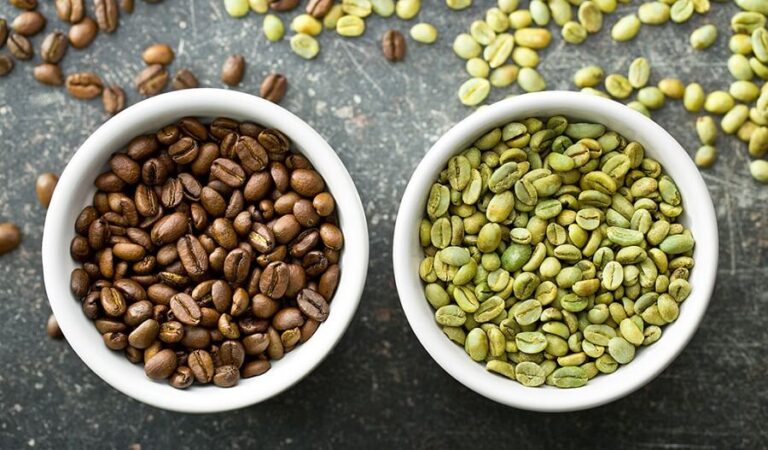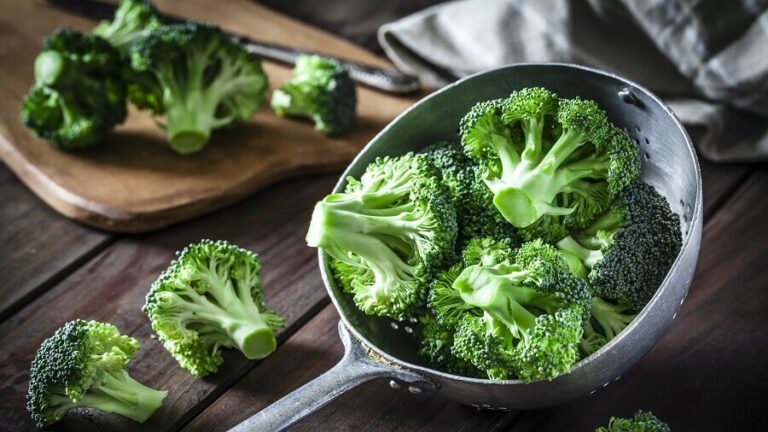Oatmeal is one of the healthiest foods. It is rich in fiber, has a medium glycemic index, and provides essential nutrients.
Consuming oatmeal is associated with several health benefits. One of the most important properties is its high content of beta-glucans and avenanthramides, two antioxidant compounds.
Later you can see the nutritional value of oats per 100 g.
Related: carbohydrates, proteins, and fats to lose weight
Nutrients in oats
Oatmeal is a cereal that stands out for its high nutritional value. It is one cereal recommended by international organizations such as FAO and WHO.
Oats are helpful both in fighting overweight and obesity and in reducing hunger in the world.
Among the components of oats, its percentage of macronutrients stands out: carbohydrates, proteins, and fats, as well as its content of beta-glucans.
Beta-glucans are a unique type of fiber present in this cereal. In higher concentration in its bran form (2).
The beta-glucan content in oats is close to 2-8% of the dry weight. Three grams of beta-glucan per day is sufficient to reduce the aging processes and prevent serious diseases such as cancer. (1,2)
// Recommended: How to make oat milk at home?
Oatmeal – Nutritional information in 100 g
Below is a complete table with the nutritional information for 100 g of oats. The following table was obtained from the USDA database:
| Energy | kcal | 375 kcal |
| Protein | g | 12.5 g |
| Total fat | g | 7.5 g |
| carbohydrates | g | 67.5 g |
| Fibers | g | 10 g |
| Total sugars | g | 2.5 g |
| Minerals | ||
| Football | mg | 0 mg |
| Iron | mg | 3.6 mg |
| Magnesium | mg | 100 mg |
| Match | mg | 375 mg |
| Sodium | mg | 0 |
| Vitamins | ||
| C vitamin | mg | 0 |
| Vitamin B1 | mg | 0 |
| Vitamin A | IU | 0 |
| Vitamin D | IU | 0 |
| Cholesterol | mg | 0 |
Table of the nutritional value of oats. Source
Oat carbohydrates
Like other cereals such as millet or spelled cereals, the primary macronutrient in oats is complex carbohydrates. That is, a type of carbohydrate made up of a large number of saccharides.
The advantage: they provide energy slowly and moderately. Including this type of carbohydrate is essential for those with a tendency to diabetes or disorders in carbohydrate metabolism.
Oat proteins – avenatramides
Avenatramides or AVAs are a type of protein unique to oats. They have an antioxidant capacity 10 to 30 times greater than other antioxidants such as vitamin C. In addition, AVAs have anti-inflammatory properties and help control blood pressure by acting as vasodilators (3).
In addition to oat grains, avenanthramides are found in leaves. Similar molecules have been recorded in incarnation leaves and cabbage white butterfly eggs. (3)
It is essential to know that oats do not naturally contain gluten protein. Instead, most brands have gluten in their composition due to cross-contamination.
Oat fats
Regarding the lipid profile of oats, monounsaturated fats stand out. The consumption of this fat is associated with a lower risk of coronary events and disorders in the cardiovascular system. Oats are free of trans fat or high in saturated fat.







